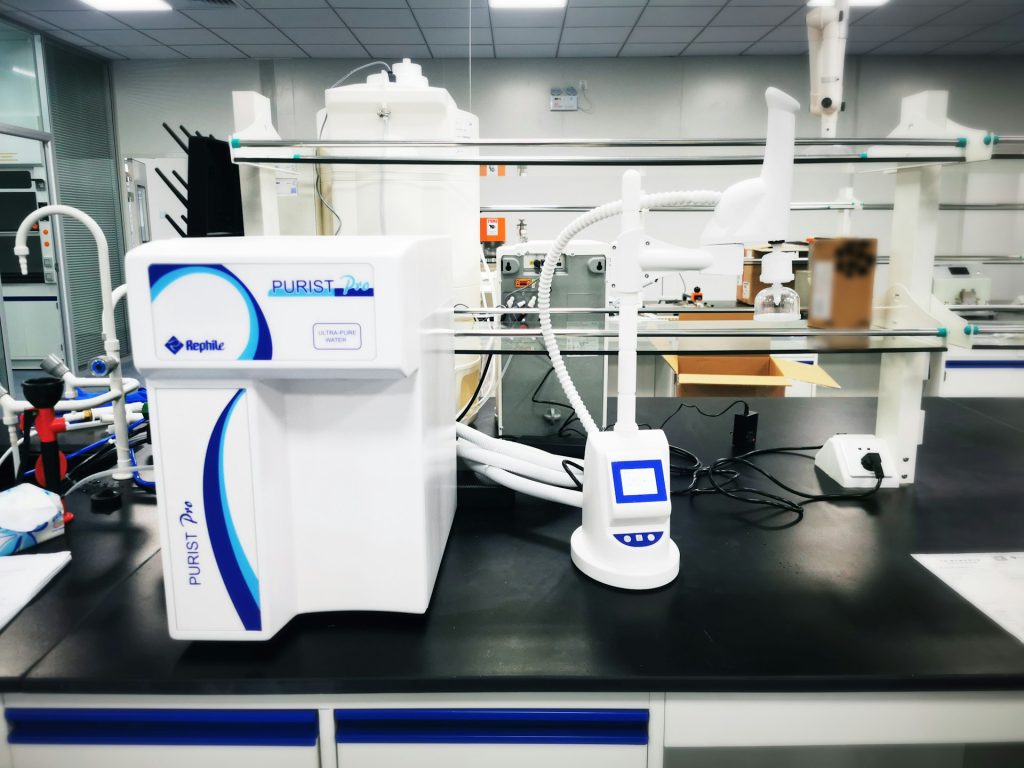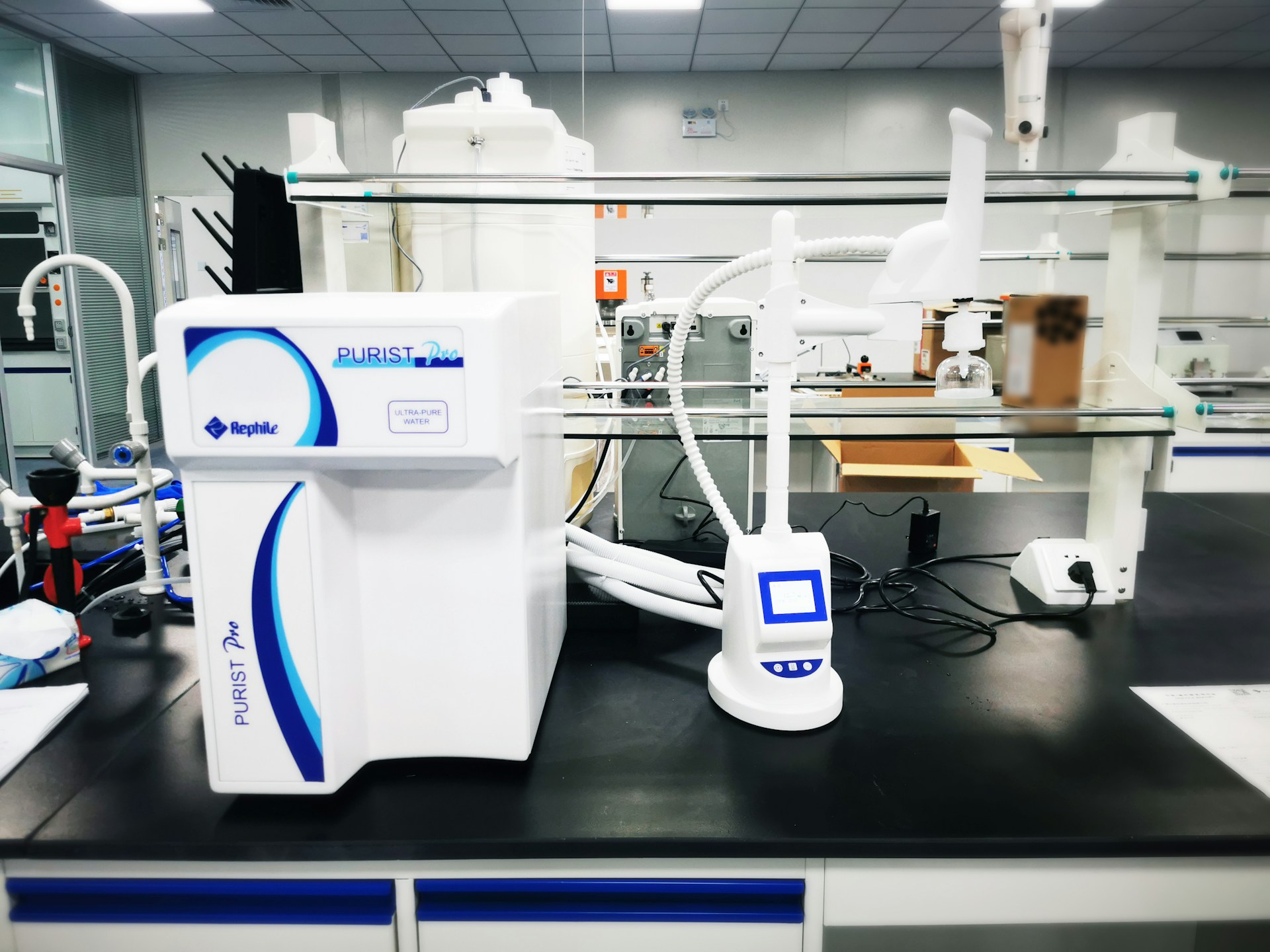In the world of industrial water treatment, the use of chemicals is essential. Whether you’re dealing with boilers, cooling towers, or wastewater, chemical treatment helps prevent corrosion, scale, and microbial growth. But in 2025, the industry is shifting focus. It’s no longer just about function, it’s about responsibility.
More businesses are now turning to eco-friendly chemicals for water treatment. Why? Because these sustainable solutions protect equipment, cut costs, and help meet rising environmental standards. In this guide, we explore what makes these chemicals the smarter choice and how they can transform your operations.

Understanding Eco-Friendly Chemicals
Eco-friendly chemicals are formulated to reduce environmental harm. They’re biodegradable, non-toxic, and often derived from renewable sources. Unlike traditional treatments, they don’t leave behind dangerous residues that affect water bodies or pose health risks.
These chemicals serve the same roles as conventional options: preventing scale, corrosion, and biological fouling. However, they do it without damaging ecosystems or violating environmental regulations.
Why the Shift Is Happening Now
The push for greener alternatives is growing fast, especially in East Africa. Governments are tightening discharge limits, and customers are demanding more sustainable practices. Companies that ignore these trends risk penalties, reputational damage, and even loss of business.
In Kenya, industries are facing stricter National Environmental Management Authority (NEMA) compliance requirements. Wastewater must be treated before discharge, and audits are becoming more frequent. Using environmentally harmful chemicals puts companies at risk.
Cost Isn’t the Problem; Waste Is
One of the biggest myths is that eco-friendly water treatment is more expensive. In fact, the opposite is often true. When you factor in fines, equipment wear, and environmental cleanup, traditional chemicals cost more in the long run.
For example, a cooling tower that uses harsh chemical biocides may damage nearby plumbing, shorten the lifespan of heat exchangers, or cause harmful blowdown discharge. Eco-friendly alternatives reduce these side effects, extending system life and improving performance.
How Eco-Friendly Chemicals Improve System Performance
Clean water treatment isn’t just about safety. It improves the effectiveness of your equipment.
- Reduced scaling
Eco-friendly antiscalants and dispersants help maintain flow rates and thermal transfer efficiency. This reduces energy consumption and increases productivity. - Corrosion control
Non-toxic corrosion inhibitors maintain optimal pH without attacking metal surfaces. This extends the lifespan of your boilers and piping. - Improved biological control
Natural or enzyme-based biocides minimize biofilm build-up without toxic residues. Systems stay cleaner, longer. - Lower blowdown rates
Efficient chemistry means fewer chemical additions and reduced water loss, saving on both treatment and water costs.
Meeting Corporate Sustainability Goals
Many global corporations have committed to net-zero or water-positive goals by 2030. Local businesses looking to compete must follow suit. Choosing sustainable water treatment is one of the easiest steps a company can take to start this journey.
Investors and customers are also watching. Companies that show strong environmental performance are more attractive to both.
How We Approach It at Spenomatic Kenya
At Spenomatic Kenya, we’ve seen the shift firsthand. For decades, we’ve worked with industries across East Africa to develop water treatment programs that are both effective and environmentally responsible.
We evaluate your water source, process requirements, and compliance targets. Then, we formulate a custom solution using biodegradable and low-impact chemicals. Our on-site experts help you monitor performance, adjust dosages, and reduce chemical consumption over time.
This approach has helped our clients lower their operational costs, extend their equipment life, and improve their audit scores. The transition doesn’t have to be difficult, especially when you have the right team supporting you.
What to Look for in Eco-Friendly Water Treatment
When sourcing eco-friendly chemicals, don’t just trust the label. Here’s what you should ask your supplier:
- Are the ingredients biodegradable and non-toxic?
- Are they certified by an environmental body?
- Will the treatment reduce my water discharge impact?
- Are there case studies or testimonials proving effectiveness?
Look for suppliers who offer technical support and understand the unique chemistry of your system. Simply swapping one chemical for another isn’t enough, you need a tailored approach.
Common Myths About Green Chemicals
Myth 1: They don’t work as well.
Reality: Most are just as effective, and in many cases, better optimized for modern systems.
Myth 2: They’re too expensive.
Reality: They help reduce water, energy, and maintenance costs, often making them more affordable in the long term.
Myth 3: They’re hard to find.
Reality: With rising demand, reputable suppliers are expanding their product lines.
The Future Is Clean Chemistry
Water treatment is no longer just an engineering concern; it’s a business decision. Choosing eco-friendly chemicals shows leadership, compliance, and care for the future. With the right products and the right partner, it’s not just the planet that benefits. Your bottom line does too.
Conclusion
Eco-friendly chemicals are transforming how industries handle water treatment in 2025. They offer cleaner, safer, and more sustainable performance without sacrificing effectiveness. By making the switch, you protect your equipment, comply with environmental standards, and align your business with the future of industry.
At Spenomatic Kenya, we’re proud to help businesses make this transition smoothly. Whether it’s a boiler, cooling tower, or wastewater plant, we’re here to help you treat your water better, and smarter.
FAQs
- Are eco-friendly water treatment chemicals effective on hard water?
Yes. Many green formulations are specifically designed to work with hard water by preventing scaling and mineral buildup. - Can I replace all my current chemicals with eco-friendly ones?
In most cases, yes. A professional assessment will help you determine which replacements offer the best performance for your system. - Do eco-friendly chemicals reduce maintenance costs?
Absolutely. Cleaner systems experience less corrosion, fewer breakdowns, and longer equipment life. - Will switching chemicals affect compliance with Kenyan water regulations?
It will help. Most eco-friendly chemicals are formulated with environmental compliance in mind and reduce harmful discharge. - How do I know which green chemical is right for my system?
A water treatment expert can test your system and recommend a customized solution based on your process, goals, and budget.

